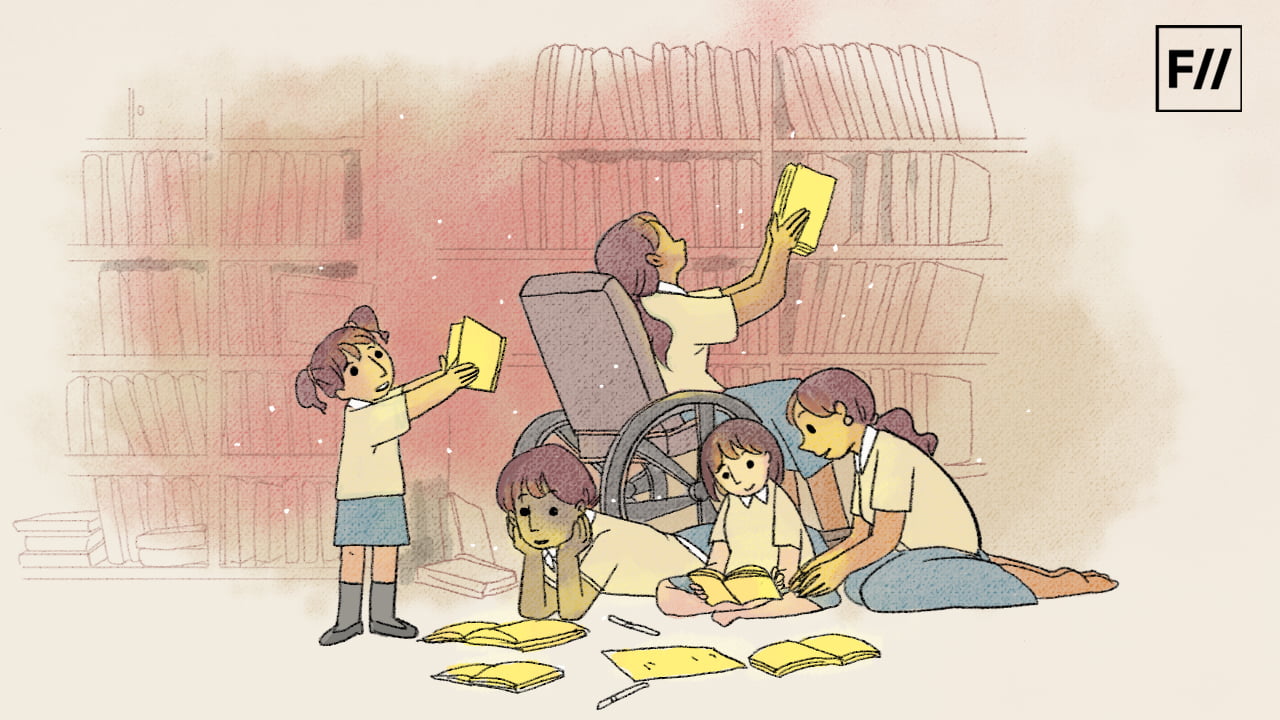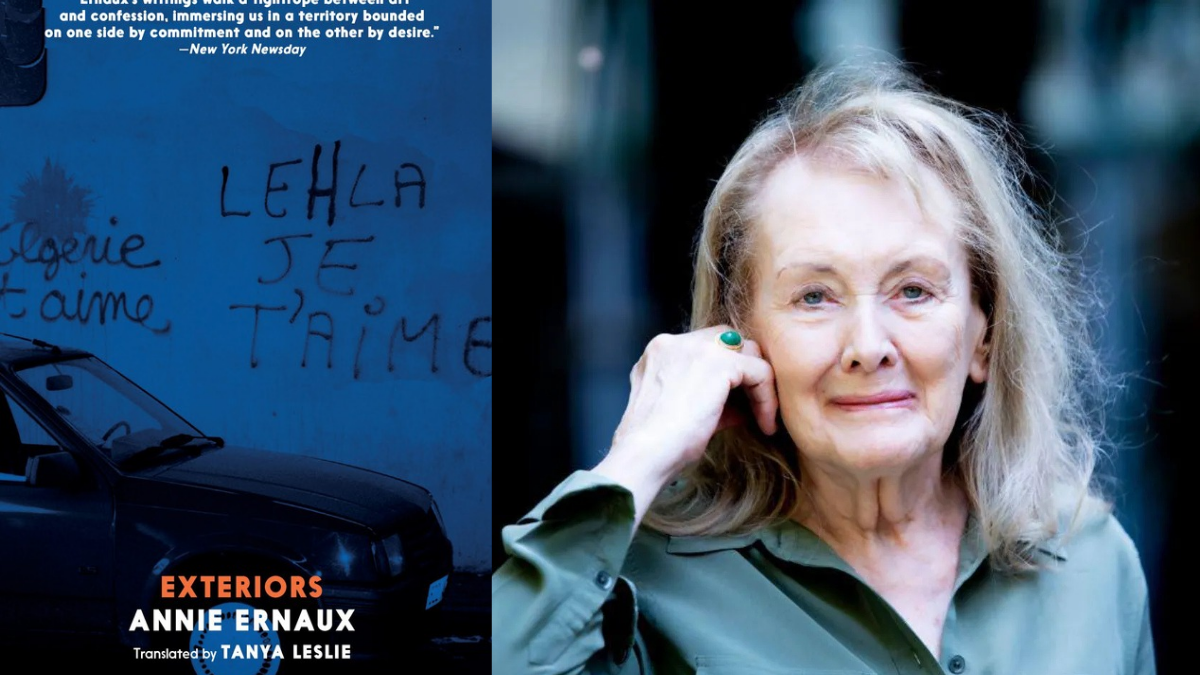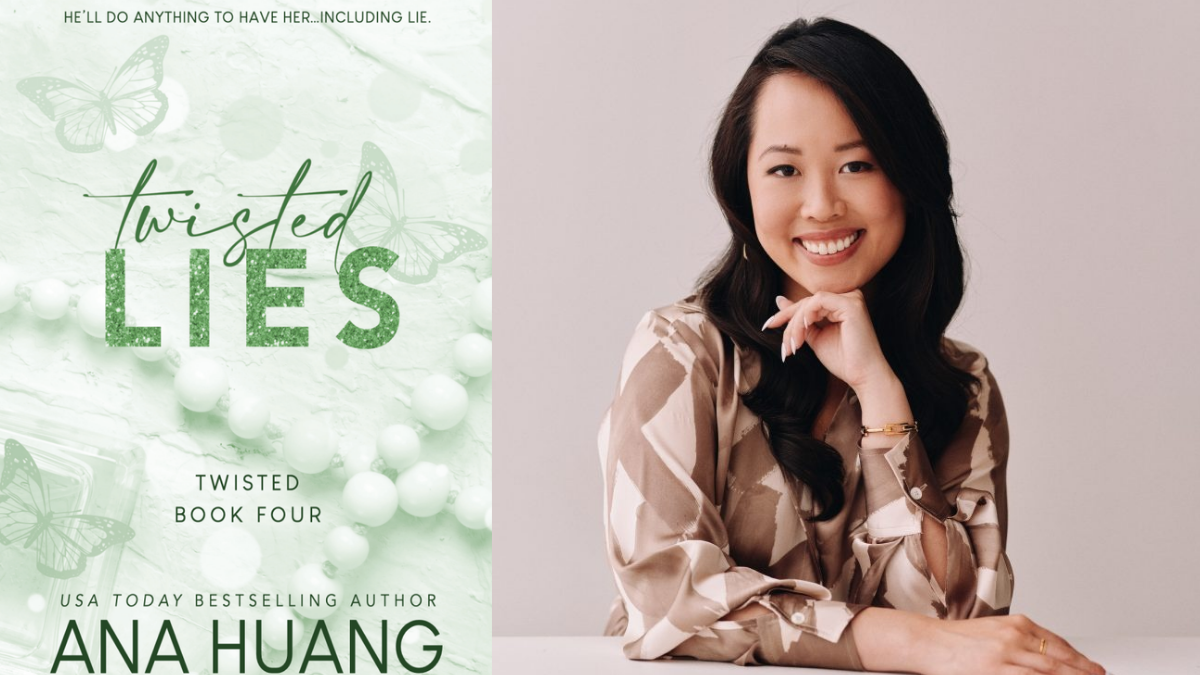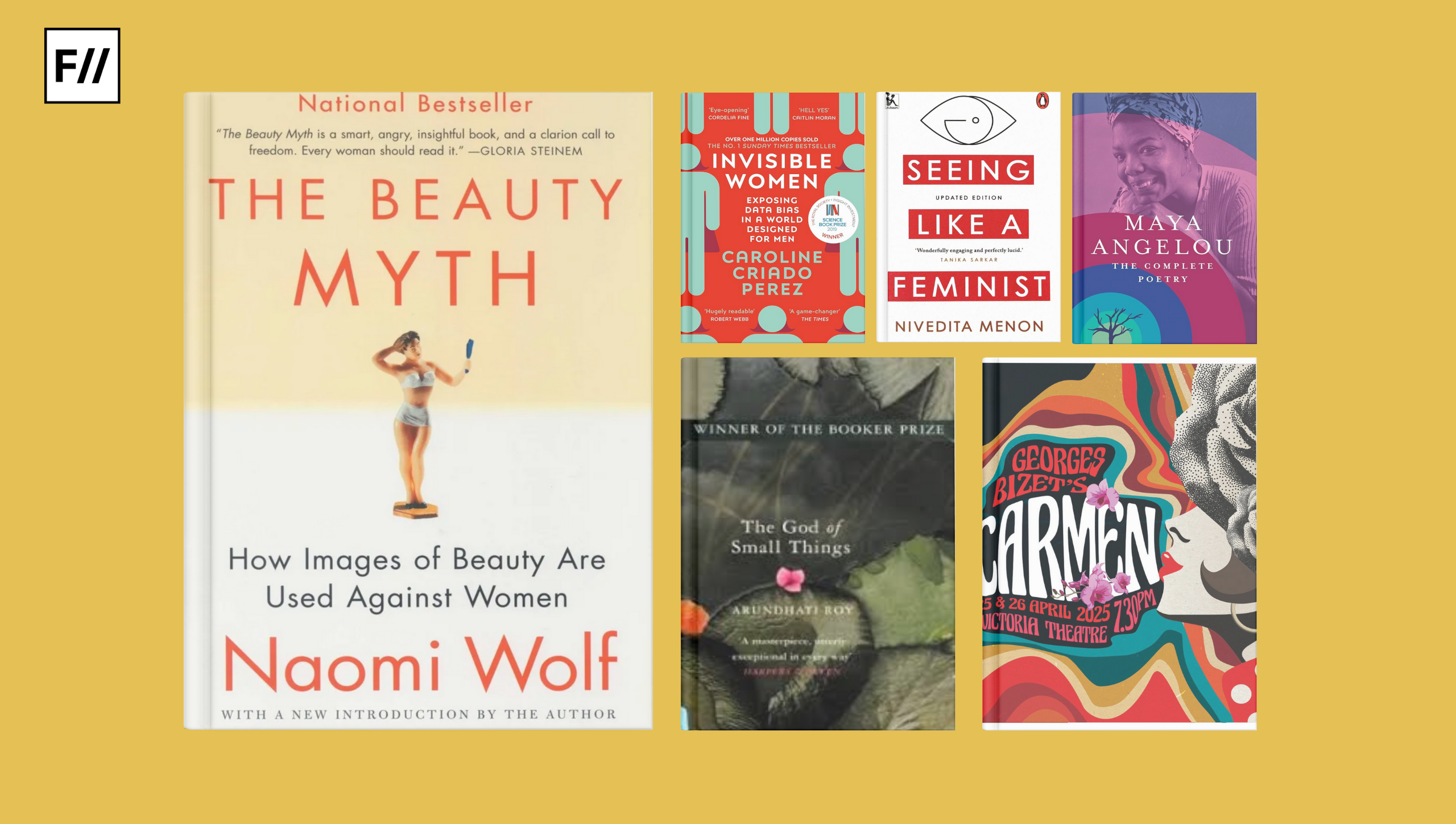Trigger Warning: Violence, rape, conflict
When Kashmir was severed from the rest of India in the name of integration, its telephone lines cut and press strangled and internet snapped, my friends at the book club sang Habba Khatoon’s verses and discussed Basharat Peer’s Curfewed Night to simulate the experience of living in Kashmir.
When Dalit boys were flogged to death for using the tubewell in a Maratha locality or Dalit girls burnt at midnight to remove traces of a brutal gang-rape, the bibliophiles debated on exactly how casteist Gandhi was.
When laws criminalising inter-religious marriages were passed in UP and half-Muslim babies growing in wombs of Hindu women were forcibly aborted, the feminists at the book club compared the number of books they finished last year.
Pogroms were rehearsed and executed, minarets pulled down and saffron flags instated in return, migrant workers died of heat exhaustion while returning to their villages on foot but nothing could keep the book club from organising its meetups.
Blood flowed in Jhelum as we read Lal Ded.
Muslims were accused of corona jihad as we strived to interpret Faiz Ahmed Faiz’s poems correctly.
George Floyds were lynched and Manisha Valmikis murdered one more time over the Television but we kept dog earing pages, correcting each other’s grammar, and asking for recommendations online.
Book clubs were self congratulatory purgatories. They were medicinal moral-cleansing procedures of the ones whose fates were written from the blood of other communities. But activism doesn’t end on awareness, revolution isn’t a reading spree.
Book readings are cathartic, therapeutic sessions where the privileged came to feel less guilty of their power, so they can continue to keep it. They read Joothan, sighed and allowed it to cause them pain for the next few hours, wept into their pillows over-analysing their nihilistic nightmares. Then they woke up and picked the next book. Privileged read books to understand a slice of the experience of the marginalised and believed the very discovery or acknowledgement of it was ‘activism’. They dipped their tongues into Ambedkar’s literature to get a taste of oppression, and announced themselves qualified enough to hold on to their stolen mics.
Book clubs were self congratulatory purgatories. They were medicinal moral-cleansing procedures of the ones whose fates were written from the blood of other communities. But activism doesn’t end on awareness, revolution isn’t a reading spree. Equality cannot be achieved by agreeing to disagree over political opinions in Facebook forums. The energy on the paper is titillating but it must also step down on the streets. Allyship isn’t charity, someone’s tormenting emotional journey isn’t an opportunity for the rehabilitation of your conscience.
Books were also turned into status symbols like jewelry or wardrobe at these gatherings. Personal libraries were instagrammed, book borrowing discouraged to avoid hurting the owner’s sentiments. Book collecting was celebrated as a ‘hobby’ unrelated to reading, with the collector’s editions displayed in grandeur like showpieces, books on anti-materialistic philosophy and commodity fetishism shone like crystals from the glass cupboards. The chandeliers were profound, the modern art intricate, the virtue signalling blatant and shameless.
“Fuck Your Lecture on Craft, My People Are Dying,” wrote Noor Hindi in a poem we read one day. “Palestinians don’t see the moon from jail cells and prisons.It’s so beautiful, the moon.They’re so beautiful, the flowers.I pick flowers for my dead father when I’m sad.” The one who read this had welled up in tears, his sobs and sighs drowning out the paradoxical laughter of children separating garbage a few yards away.
When I joined the anti-CAA protests in Bhubaneswar back in February 2020, it was the only time I saw faces from the book club at a protest. They were a few English-speaking college students busy asking the protestors “What do you know about CAA?”, checking their knowledge on the Act and the academic discussions around it. A protesting vegetable vendor, tailor, cobbler or municipality worker doesn’t have the privilege to access, correctly interpret and eloquently explain every single act introduced in the parliament or the latest conversations in the literary discourse related to their identity. They hadn’t read Kavita Krishnan’s opinions on the Act, can’t prove why CAA is unconstitutional like Abhinav Chandrachud did in a speech, and didn’t know what is “citizenship” in a detailed, Niraja Goyal Jayal sense.
But their lack of knowledge and depth of understanding on national politics does not nullify their experience as a minority bearing persecution. I wondered how many of the women “Who do not identify as a feminist” on Twitter would be able to talk at length about why they rejected the work of Ambedkar on Brahminical Patriarchy or Simone de Beauvoir on Existential Feminism? How many of the people who show up at a Pride can dissect the Section 377 judgement logically or talk about the problems with Judith Butler’s book Gender Trouble? Literary discourse around anything in the country worth protesting is dense, academic, inaccessible in terms of language.
Equality cannot be achieved by agreeing to disagree over political opinions in Facebook forums. The energy on the paper is titillating but it must also step down on the streets. Allyship isn’t charity, someone’s tormenting emotional journey isn’t an opportunity for the rehabilitation of your conscience.
No one among the book club visionaries broke friendships over politics. Their assertiveness did lead them into setting benchmarks: misogyny or racism was a good reason to break relationships, opinions against reservations or labour laws weren’t. This prioritisation of differences and standardisation of which mattered more, were a good parameter to judge how personally they took their politics. Opinions on menstrual leaves were deal breakers, casteist worldviews didn’t instigate even an honest confrontation. Real change was too much work, after all.
One was only affected by the implications of another person’s thoughts when it affected them personally which revealed how much of their political correctness was actually in practice. A lot of impunity came from the woke crowd not calling out discrimination which was too removed for them. “Today they came for us and tomorrow it can be you’‘ lines of activism irked me a bit for this reason. If there was no probability they will ever come for you, will you not bother to act?
The Art vs Artist debate still remains alive in the circles of the well-read because it was implicit that genocides and wars will come and go, but literature is forever. Rapes and domestic abuse keep happening but doesn’t Pablo Neruda make it sound aesthetically pleasing with the choice of his words? Doesn’t Peter Handke deny Bosnian mass murders in the most linguistically ingenious ways possible? And how can male gaze be objectifying if the text is written by Haruki Murakami? They ask me to keep the professional different from their personal. But human right abuses are definitely not simply personal.
Also read: Book Review: I Am By Nia Thandapani
Last year, Noam Chomsky and Vijay Prashad agreed to speak at the TATA lit fest, despite eminent activists requesting them to not associate with a corporate that has blood in its hands. Corporates have historically tried to whitewash their sins (forced land acquisition, shooting down Adivasi protestors, exploiting natural resources that belong to indigenous tribes) by sponsoring tokenism in the guise of cultural projects or philanthropy. It was the “responsibility of the intellectuals” to show some solidarity with the foot soldiers who developed their theories into action, yet they chose to go ahead.
Literary festivals like this one, were the parties of the humanities-educated, book-loving crowd who wore expensive but eco-friendly garments, deliberated upon poverty while having croissants and coffee, only to end their engagement with these “causes” once they reached home. The pain of the marginalised was a literary genre for them: the poor were subjects of social experiments. A herd which must be milked, processed and rejected to arrive at the pearls of vegan wisdom.
This was merely the dialectics of privilege. The sublime objective of ideology. We won’t let anyone manufacture your consent but excuse us, for we might just do it ourselves. We believe we will represent you better than you represent yourselves. We will walk with our comrades, share our green tea and gluten free cuisines, indulge in our hobby of revolution on holidays to ask, “Can the subaltern speak?” while failing to listen when the subaltern asks us in return, “Will you shut up and let us speak?“
Participation in resistance can’t be self-indulgent, prosaic, passive or part-time. Books are the prologues of a movement, the catching-up part, the homework every ally should do to comprehend the magnanimity of their ignorance about someone else’s experience. But it’s no substitute for lived reality. It’s not a crash course to be cognizant of centuries of oppression. The body of work remains to be done by dismantling superstructures of systemic oppression in every area starting from work and domestic spaces to executive and judiciary. One can begin by joining a protest and talking to the common people in the rally about the experiences that compelled them to show up. Maybe they will have a thing or two to teach that haven’t been written down in books yet.
Also read: Enid Blyton: The Problematic Writing Of The Children’s Books Author
Empathy cannot be consumed from paperbacks or audiobooks. It can only be learnt and felt through the old, unsophisticated methods of listening to the other person. However, the women of Shaheen Bagh and the farmers protesting on the Tikri and Singhu borders have made me believe, it’s possible to read, resist and love at the same time.
Featured Image Source: Feminism In India
About the author(s)
Bijaya Biswal is a 23 year old doctor who works for the upliftment of the culture of literature, films and art in Odisha. She has been also working with LGBTQIA+ rights, animal welfare, ecology and menstrual health.




